The expert named the most effective method of attracting millions of new users of cryptocurrencies. What is it?
The difficulty in using cryptocurrency wallets is one of the main issues that hinders further adoption of digital assets. This was stated by a representative of the developer organisation Chain Agnostic Standards Alliance (CASA) under the pseudonym Bumblefudge. According to him, the crypto industry needs to start reforming the current paradigm of complex cid phrases for wallet access. By doing so, the number of digital asset holders will increase significantly.

A cid-phrase or recovery phrase is a unique combination of 12, 18 or 24 words that non-custodial wallets like Ledger devices generate during the setup phase. It should be written down on a piece of paper, kept off the internet and online devices, and kept away from damage and any people.
This combination of words acts as a master key for private keys to different addresses in the wallet. It means that in case of losing the device or access to the interface, if it is a wallet-application, entering the recorded phrase into another wallet will allow to restore access to all its addresses.
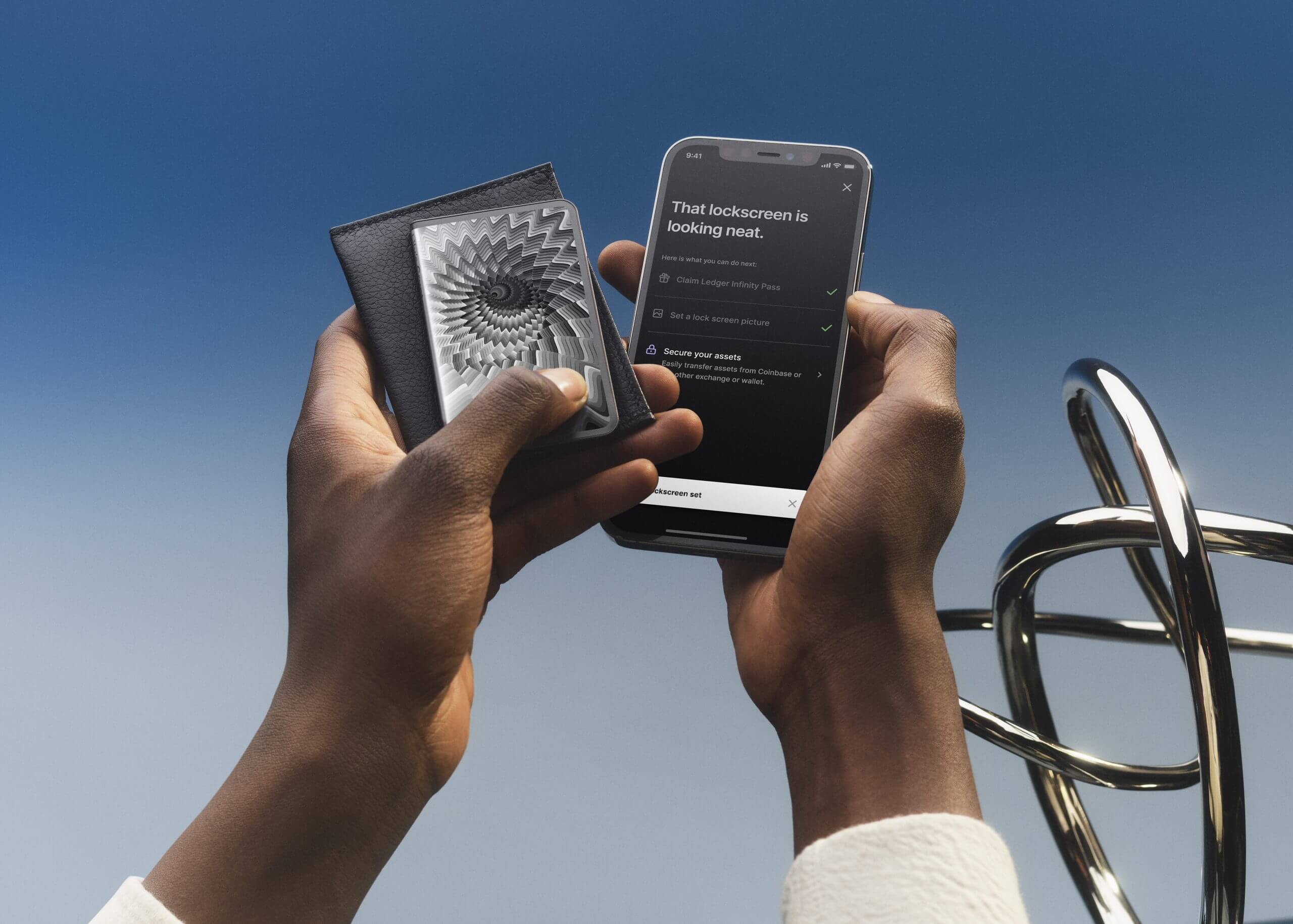
Ledger Stax hardware wallet
Having a cid-phrase is the basis for full and independent ownership of digital assets, which at the same time will not be dependent on any intermediaries like exchanges. However, interacting with combinations can be more complicated than it seems.
First of all, it is worth storing the sheet with the recorded phrase in a separate secure location, which ideally should be different from the hardware wallet. Not everyone has such a place, and the use of a safe deposit box still implies risks of disclosure of this combination.
In addition, the importance of storing the recovery phrase is too great. Still, if the hardware wallet is lost or fails, the cid-phrase will be the only key to your own coins. And if the combination is not in place, the digital assets can be considered lost.
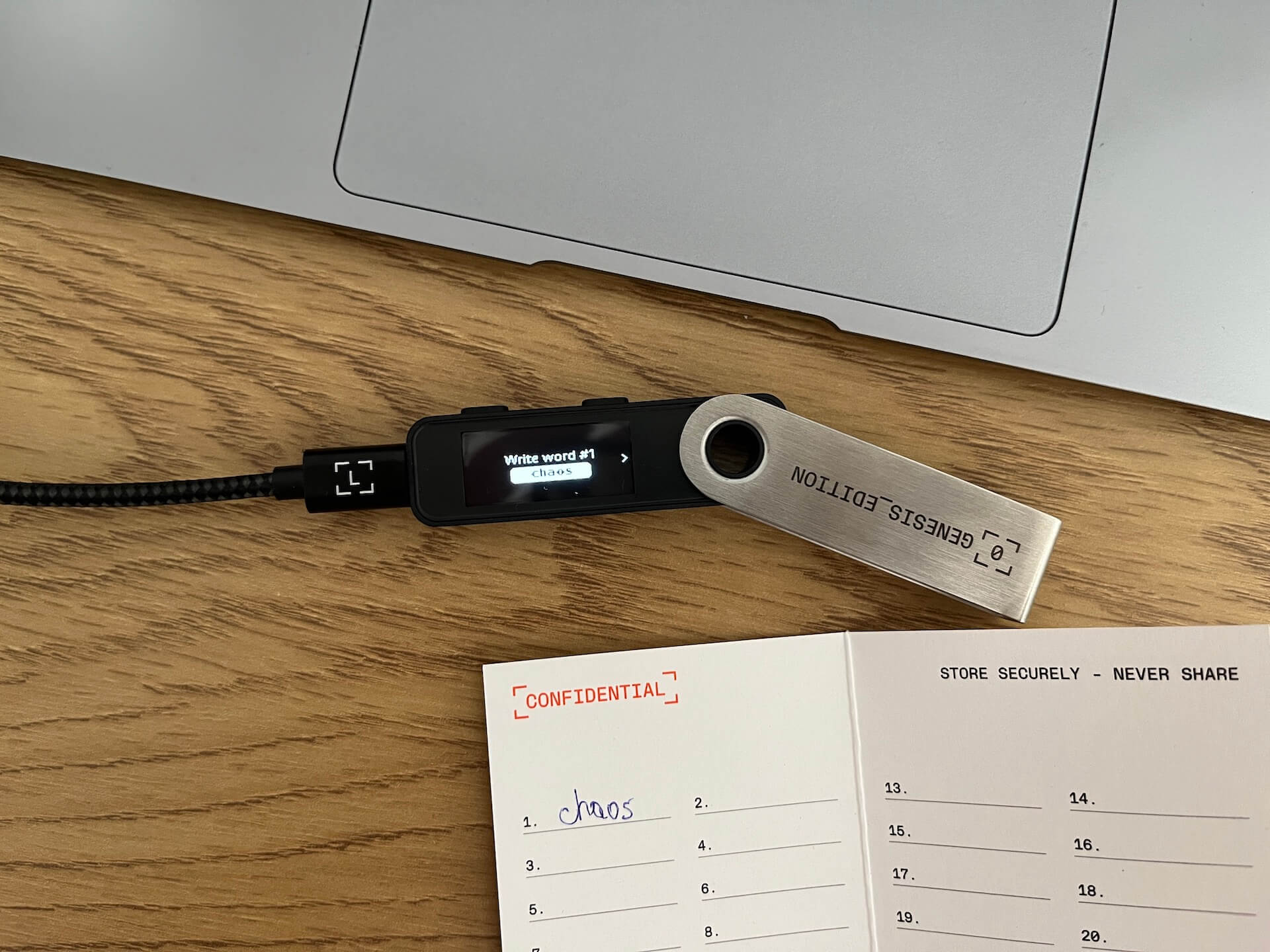
Fixing the first word of the cid-phrase of Ledger’s new hardware wallet
As we’ve already noted, a cid is made up of many words. Alas, a random mistake in the order of words or a typo in one of them is also able to lead to loss of access to coins.
Given all of the above, it is not surprising that newcomers to the world of crypto are afraid to be responsible for the safety of such combinations. However, the solution to the problem can attract new users to the blockchain industry, experts believe.
How to increase the number of crypto users
A cryptocurrency enthusiast shared his opinion at the Web3 Summit 2024 event in Berlin. Here is his rejoinder, as quoted by Cointelegraph.
Sid-phrases won’t work for the other 95 per cent of the world. But unfortunately, the solution to this problem is boring ugly standards and governance.
The alternative to using cid-phrases is centralised platforms like exchanges, where all you need to do to access them is enter a login and password. However, in this case, the coins do not essentially belong to their owners, as they are on the wallet of the exchanges. And in order to get to them, users will have to get permission from the platform system, which is not in line with the ideals of decentralisation.
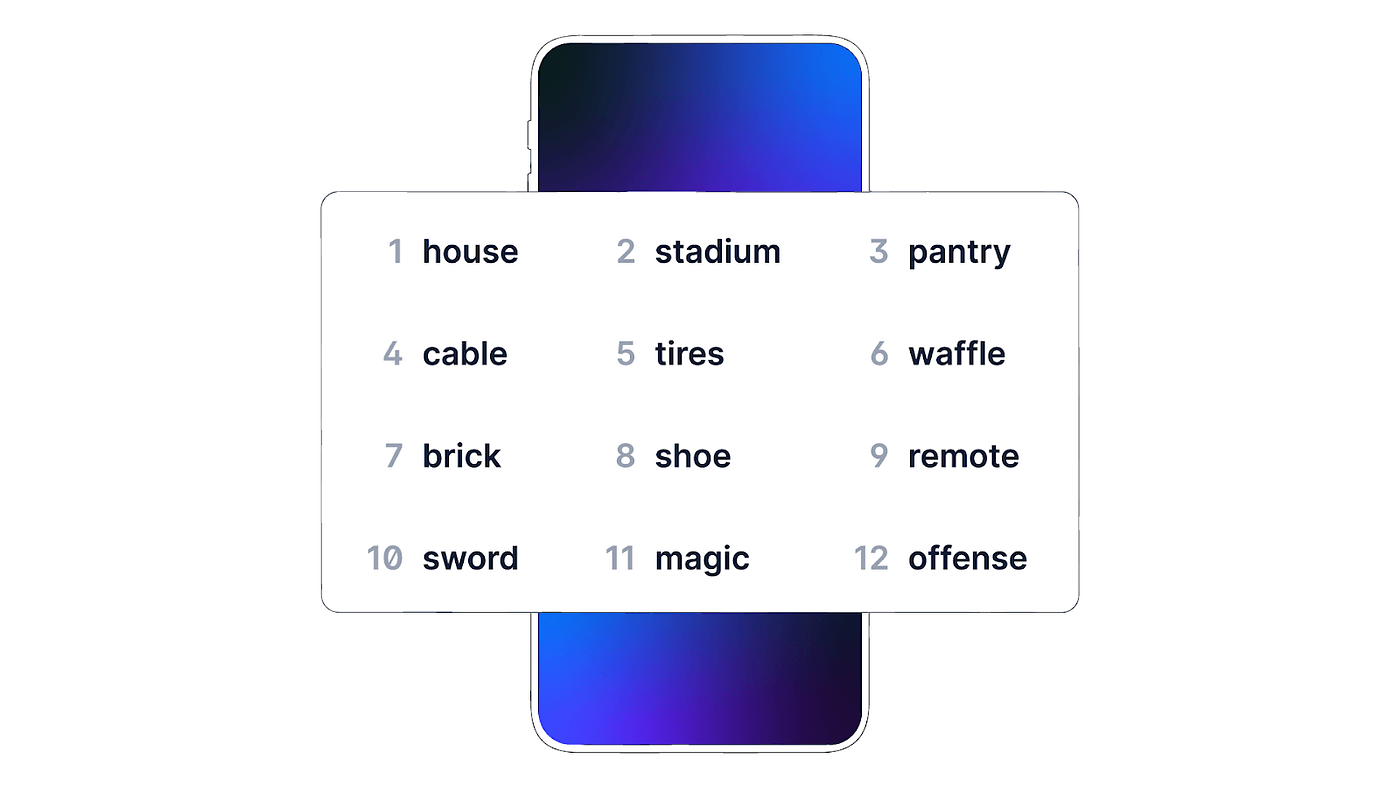
Example of a cid phrase when setting up a cryptocurrency wallet
Overall, wallets need more user-centric features to appeal to the masses, experts say. The first priority is to abandon cid-phrases in their usual sense. However, for this to happen, a standard of co-operation between wallet providers and developers needs to be introduced. The expert continues.
Nobody wants to write how they use it because they are all competing with each other. They all want to get the best implementation of the product. So there are compatibility and security issues.
It's important to note that you can use a hardware clone wallet as insurance against losing your cid-phrase. This is a device that has the same recovery phrase entered as the main device. In this case, the failure of the main hardware wallet along with the loss or damage of the combination sheet will not interfere with the ownership of one's coins.
However, in this case, ideally, you will have to transfer all the crypto to a temporary address like an exchange, then set up the wallet in a new way and record the sids again. Still, it is very dangerous to use hardware wallets without a recorded recovery phrase, because they periodically erase memory during firmware updates. And nobody can cancel the prospect of common bugs.
.
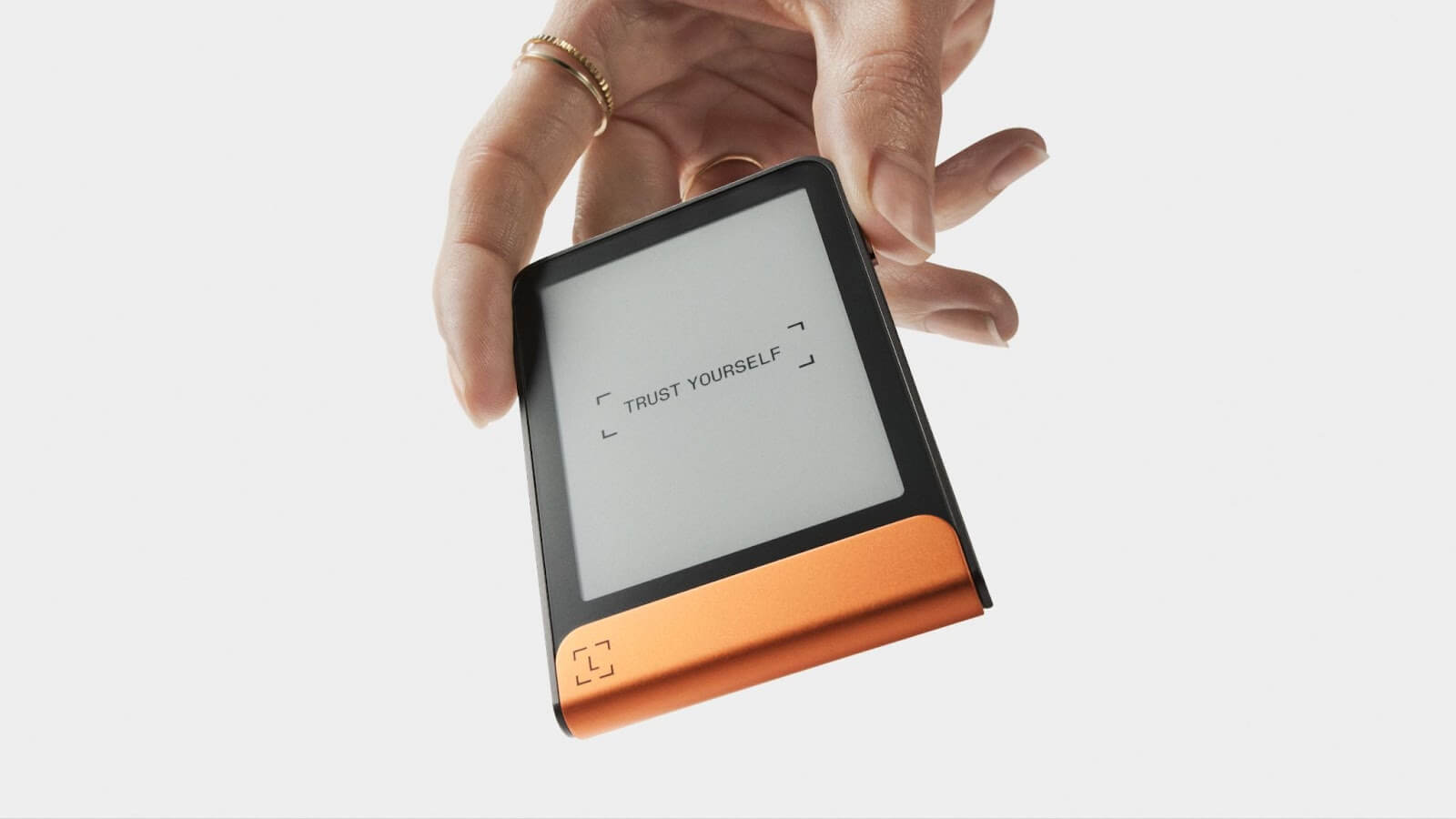
Ledger Flex hardware cryptocurrency wallet
Without a standard of co-operation, wallet vendors will not be able to create compatible and more user-friendly Passkey-type solutions.
We need to go down to the user, not up from what blockchains and the decentralised finance industry needs. We need standards for user expectations.
Bumblefudge’s views are shared by representatives from other major organisations and companies in the industry. Coinbase CTO Chintan Turakhia said that attracting the first billion users will require more beginner-friendly apps.
If our goal is to attract the next billion users, and we’re only going to start with 100 million, we have to remove all of these barriers.
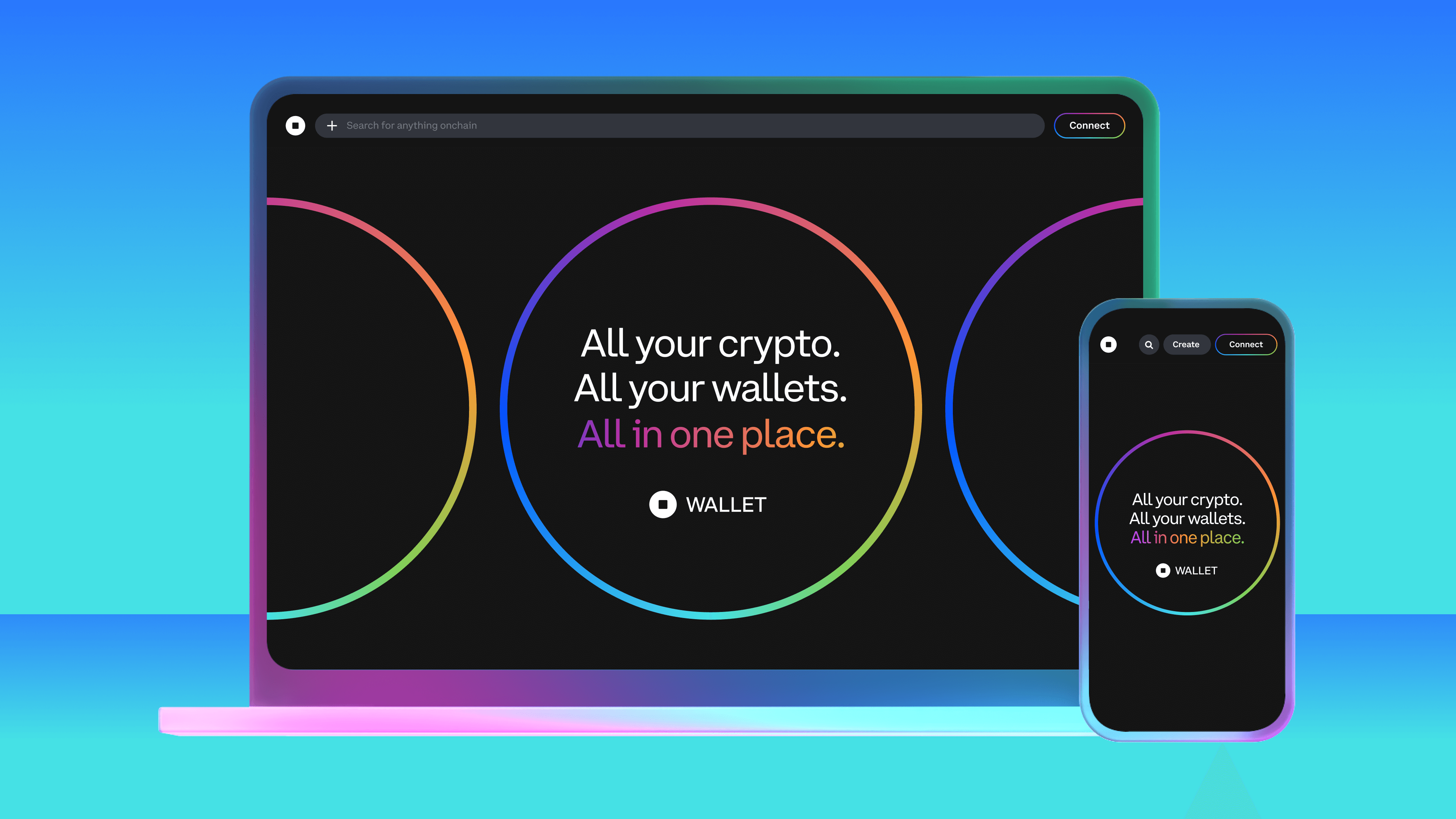
Coinbase smart wallet
To encourage mass adoption, Coinbase launched its smart wallet in early June with more beginner-friendly features, replacing complex cid phrases with account names and Passkey.
We can’t help but remember the paid Ledger Recover service, which involves splitting a cid-phrase into three encrypted parts and sending them to trusted parties for storage. The trick is that these parts of the recovery phrase themselves are useless, so an unlikely hack of one of the providers will not result in the theft of money.
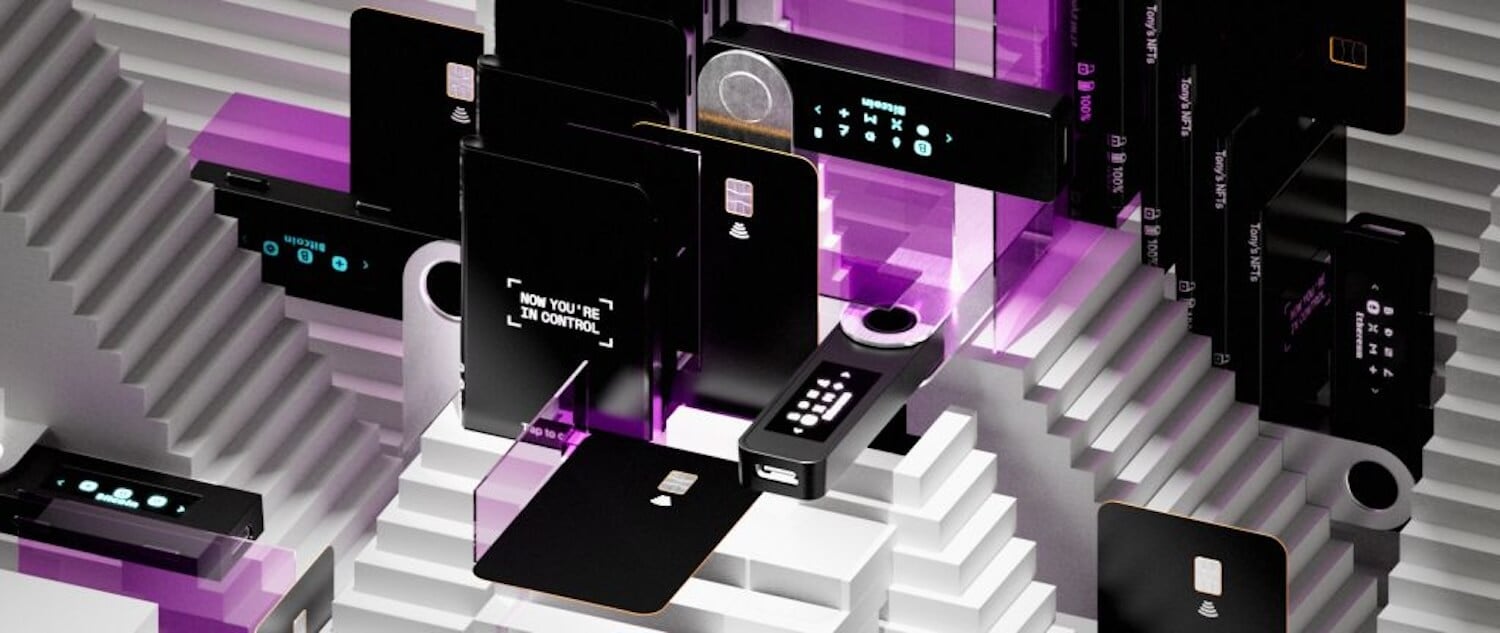
Illustration of Ledger Recover service
Sid recovery within Ledger Recover takes place after confirming your own identity with a document. Moreover, the recovery phrase does not appear on the Internet, but is sent in the same way in the form of encrypted parts or shards directly to a new or reset hardware wallet. That is, here you can restore access to your crypto not only in the case of loss of the sheet with the sid, but also when travelling or conditionally moving.
Turakhia expects such simpler authorisation options to become a standard for cryptocurrency wallet providers in the future.
Cid-phrase management is indeed a tricky topic for novice crypto investors, as losing a sheet with such a combination can easily end up with the loss of all coins. So the efforts of different companies to find a solution to the problem are pleasing. At the same time, more experienced users can continue to save sids with their own efforts, maintaining independence from intermediaries.















